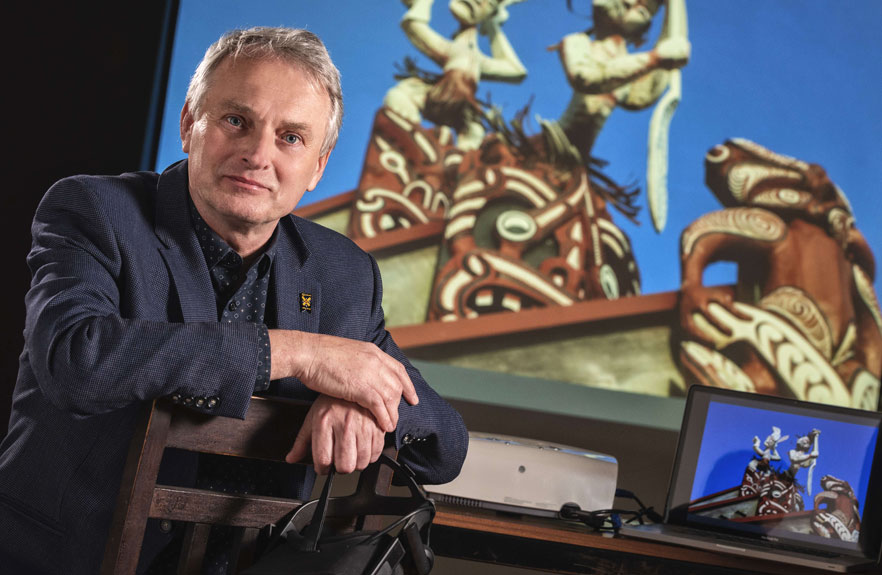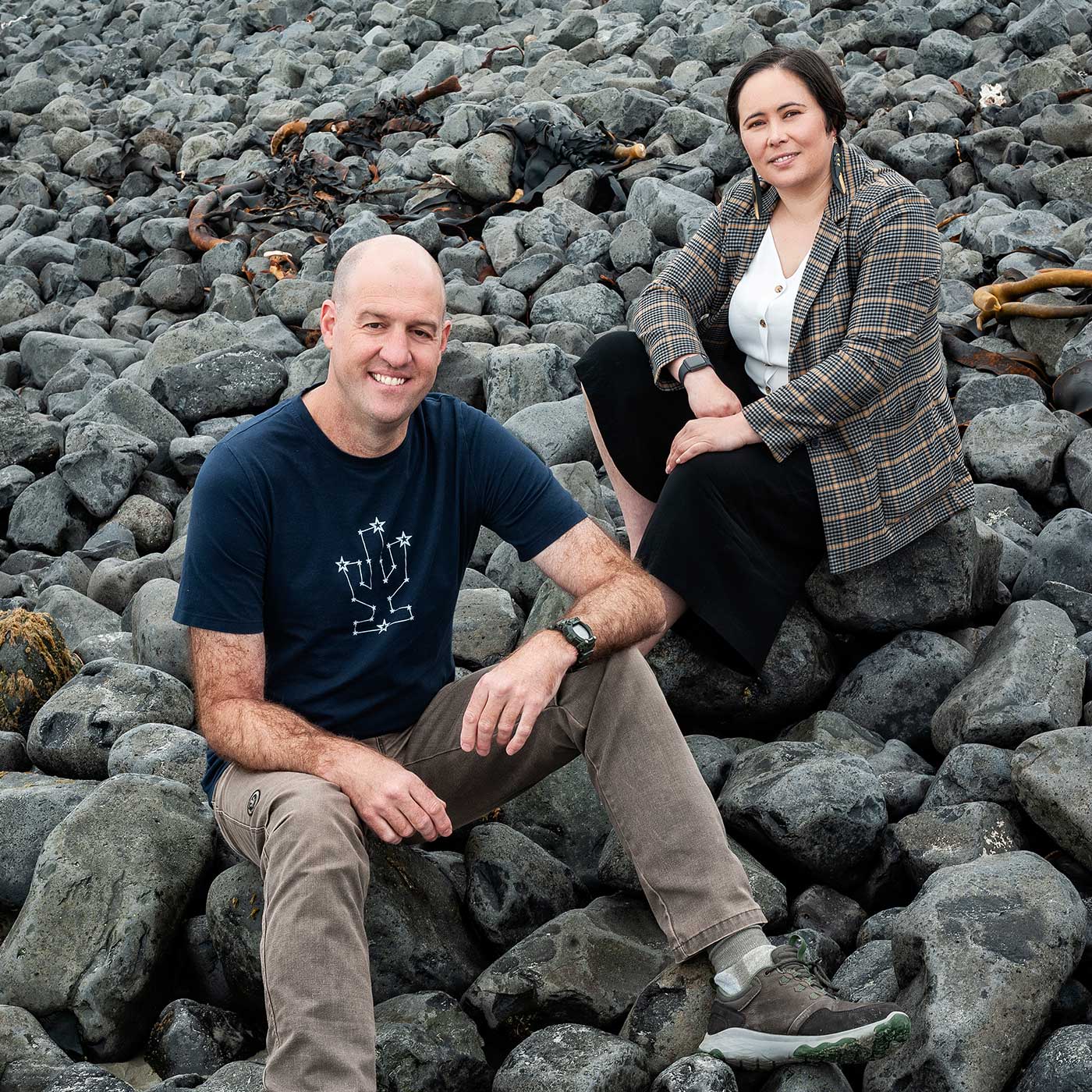Opinion
Virtually there

Professor Holger Regenbrecht: Telepresence research is more relevant than ever, enabling people to interact by way of virtual and augmented reality.
Pandemic-induced restrictions on travel and face-to-face contact have increased the impetus and importance of research by the Human-Computer Interaction Group within the Department of Information Science.
Professor Holger Regenbrecht, who heads the department and jointly leads the group with Associate Professor Tobias Langlotz, cites as one example the group's research in communication and collaboration, particularly in what's called “telepresence”.
This is like three-dimensional video-conferencing: it gives people in different locations wearing virtual reality goggles the appearance and perception that they are all interacting with one another in the same place, using computers and the internet.
“This is one big area we have been researching for years,” Regenbrecht says, “and now, with COVID-19, there is even more relevance.”
For instance, they are intensifying one long-term project in partnership with the Māori community in Bluff to create virtual marae experiences.
“We are now looking at how we allow people living away from the marae to virtually visit the marae, to hear stories from the elders and to interact with other people without the need to travel.”
A telepresence project that the group has started in response to the coronavirus outbreak is in virtual tourism in collaboration with the Department of Tourism.
“It is about giving people who can't travel to New Zealand an interactive experience of being in New Zealand by way of virtual and augmented reality.”
Regenbrecht says that other substantial fields of research are in ethical considerations, especially around privacy, and changes to education and teaching online, post-COVID-19.
